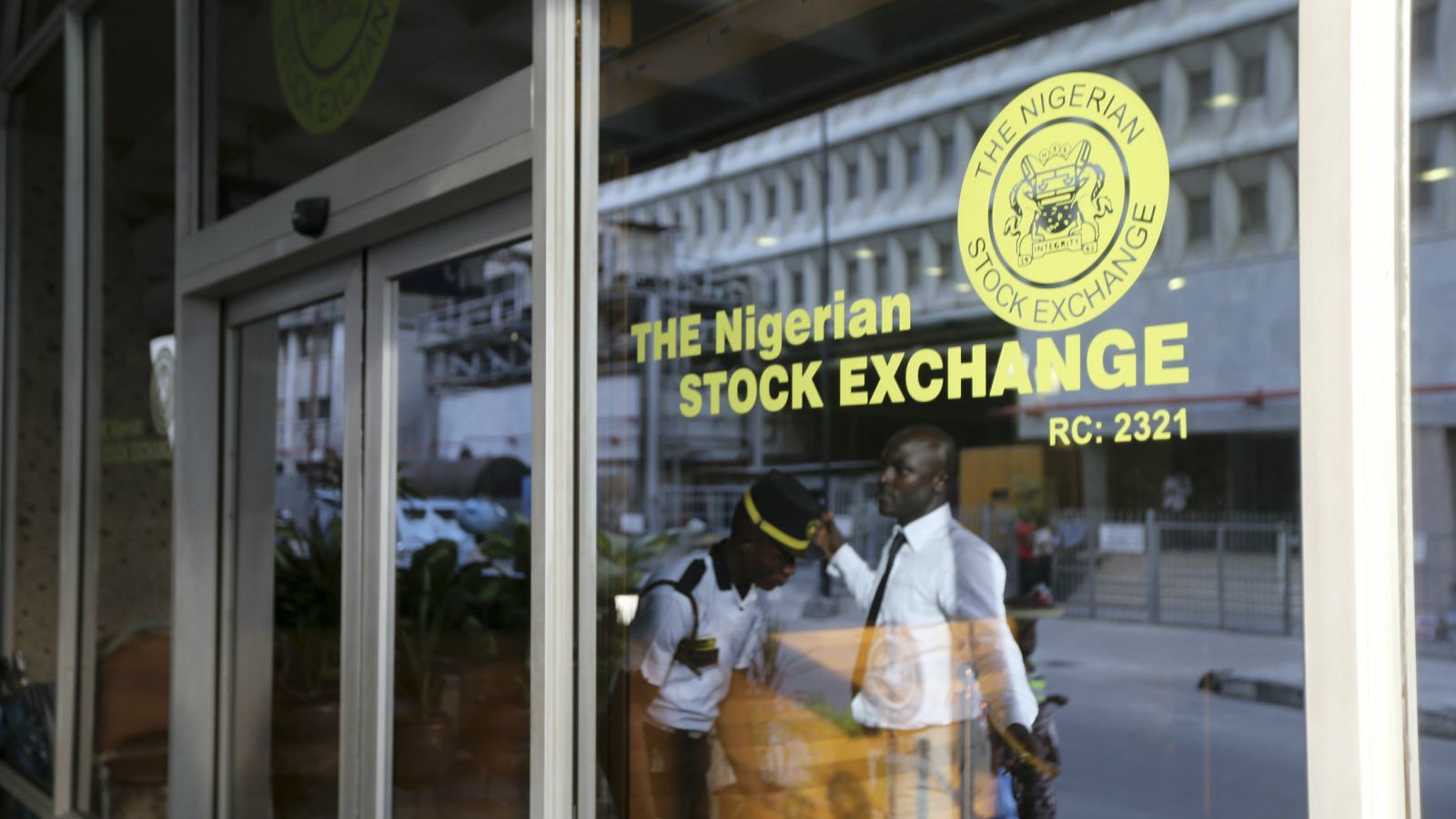- Operators Want FG to Float JVs Equity on NSE
Capital market operators have called on the Federal Government to dilute its equity holdings in the Joint Venture (JV) oil and gas operations in Nigeria and list some percentage of its shares on the Nigerian Stock Exchange (NSE), which lists companies’ equities for daily trading.
This, they said, will relieve government of the burden of JV cash calls, estimated at $6-9billion annually, in addition to about $6.8billion in arrears for five years, which it is struggling to exit through a new funding arrangement.
Cash calls refer to the counterpart funding which the Federal Government, represented by the Nigerian National Petroleum Corporation, (NNPC), pays yearly as its 60 percent equity shareholding in various oil and gas fields operated by international oil companies (IOCs) and indigenous oil firms.
By mid-November last year, the Minister of Petroleum Resources, Dr. Ibe Kachikwu, announced the cancellation of the JV cash calls, following approval from the Federal Executive Council (FEC).
Prior to the announcement, the NNPC Group Managing Director, Maikanti Baru, had claimed the JV cash call debt burden had been reduced to $2.5billion in 2016, and also disclosed that the exit model government is pursuing becomes effective from January 1st.
According to him, the exit model, “guarantees government most of the revenue that normally accrues to it from the joint venture operations by lifting the royalty and tax oil upfront.”
But NNPC spokesman, Ndu Ughamadu, could not confirm the development when contacted by The Guardian to find out if the exit model had taken off as envisaged.
Indeed, stakeholders who spoke in a telephone interview argued that if some percentage of government’s equity in “the IOCs JVs is floated on the Exchange, the market would strategise for economic growth and facilitate capital raising and mobilise savings for huge projects and investment.”
They argued that the listing of the JV shares on the stock market will become a platform for capital formation and distribution of wealth as well as offer many Nigerian investors the opportunity to share from the profits of these companies.
Already, stakeholders had lamented that the oil and gas sectors, particularly the upstream exploration and production, are narrowly represented in the market, stressing that the stock market is currently in dire need of a broader variety of stock options.
They added that the listing of some percentage of government holdings in the IOCs would deepen the stock market and boost retail investors’ confidence and participation in the market.
For instance, the President, Institute of Capital Market Registrars (ICMR), Bayo Olugbemi, explained that listing a percentage of the equity in nation’s stock market would improve the depth of the nation’s capital market and turn around the fortunes of the market.
“Selling of government assets will definitely bring money into the National Treasury provided such income will be spent on capital project, which will bring about multiplier effect on the economy.
“As for the capital market, divestment such as this will improve the depth of our capital market and the benefits will be phenomenal and of course has the potential to turn around the fortune of the market and make it more active.”
Corroborating his assertions, the former President, Independent Shareholders Association of Nigeria (ISAN), Sonny Nwosu, said: “Government do not have shares in the stock exchange. What we are asking is for the demutualisation of the exchange, so that all of us will be owners of the institution. For others, we have asked for the floating of the portion of capital of these corporations bearing in mind of existence of JVC; it the right thing to do.”
The new President of ISAN, Adeniyi Adebisi, noted that across the board, shareholders have been clamoring for the deepening of the capital market.
According to him, if government can dilute its equity holdings in international oil companies and float some portions (of the equities) on the exchange, it will be providing a direct answer to the clamour.
“It has been said often that government has no business in business. If the government is holding equity for the purpose of generating revenue that will be wrong in the sense that it will be holding up itself in competition against the private sector.
“Moreover, government does not need to hold majority interest before it can control any foreign corporation as appropriate clause can be inserted to give required control. From what we know, government retains direct interest in companies not necessarily for the consideration of instilling good governance or anything of the sort, but usually to create more avenues that can provide further areas for patronage for political party supporters and cronies.

 Billionaire Watch3 weeks ago
Billionaire Watch3 weeks ago
 Startups4 weeks ago
Startups4 weeks ago
 News4 weeks ago
News4 weeks ago
 News4 weeks ago
News4 weeks ago
 Bitcoin4 weeks ago
Bitcoin4 weeks ago
 Naira4 weeks ago
Naira4 weeks ago
 Forex3 weeks ago
Forex3 weeks ago
 Treasury Bills4 weeks ago
Treasury Bills4 weeks ago

























